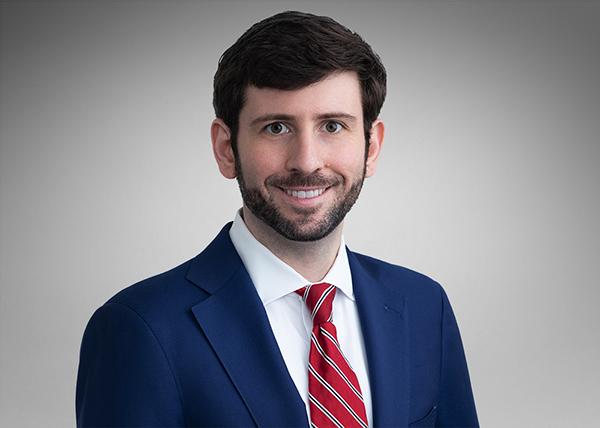On May 19, 2020, President Trump issued an executive order to promote "Regulatory Relief to Support Economic Recovery." Noting the harmful effect COVID-19 has had on the American economy, the order directs federal agencies, including independent agencies such as the U.S. Consumer Product Safety Commission, to take steps to ease burdens on regulated entities in order to promote economic growth.
The order directs federal agency heads to consider a wide variety of actions, including "rescinding, modifying, waiving, or providing exemptions from regulations and other requirements that may inhibit economic recovery." Key provisions include:
- Administrative Brady Rule. To ease the burden of administrative enforcement actions, the order provides that, "consistent with any executive branch confidentiality interests," an agency should "provide favorable relevant evidence" in its possession to the regulated entities subject to the enforcement action. Although some agencies (e.g., the National Highway Traffic Safety Administration) already have a similar rule in place, this principle, most commonly associated with Brady v. Maryland, 373 U.S. 83 (1963), represents a potentially significant tool for regulated entities confronted with an enforcement action by agencies to obtain previously unknown material exculpatory information.
- Pre-enforcement rulings. The order directs agencies to "accelerate" procedures for regulated entities to obtain pre-enforcement rulings. This imperative first appeared in Executive Order 13892, issued in October 2019, which was designed to promote transparency in agency action and adjudication. It remains to be seen exactly what types of programs might be implemented as a result, but informal comments on proposed product labels or approvals of alternate procedures that agencies have provided in response to business inquiries will likely experience more accelerated review.
- Enforcement Discretion. The order requires agencies to "consider exercising appropriate temporary enforcement discretion," as some agencies have already done. It also instructs agencies to consider more broad-based changes to their enforcement approach, specifically to consider declining enforcement against entities that have "attempted in reasonable good faith" to comply with the law, including by seeking pre-enforcement rulings from the agency. The order also places a particular focus on efforts of private parties to comply with COVID-19 related requirements, requiring agencies to consider attempts to comply with "guidance on action suggested to stem the transmission of that disease" as a "rationale for declining enforcement."
- Fairness in enforcement proceedings. Agency heads must also consider "fairness" if they decide to initiate enforcement. In this area, the order largely reiterates universal principles, namely that the United States bears the burden of "proving an alleged violation," that any penalty must be "proportionate and transparent," and that enforcement should be "free of unfair surprise." Even if agencies do not formally revise procedures pursuant to these instructions, the order provides a basis for businesses to reinforce the need for equitable, transparent, and fair proceedings.
Although the order is framed as a response to COVID-19, it furthers the administration's broader deregulatory agenda, based on the belief that "often-complex regulations" present "barriers to the greatest engine of economic prosperity the world has ever known: the innovation, initiative, and drive of the American people." Indeed, the order instructs agencies to consider whether "permanently" rescinding or otherwise exempting businesses from regulatory requirements would promote economic health. The order thus presents an opportunity for regulated entities to engage with agencies on issues unrelated to the pandemic.
The Executive Order provides a basis for regulated entities to seek exculpatory information from agencies during enforcement actions, and to seek other significant flexibility from even independent agencies as well as executive departments. The full impact of the order remains to be seen. Consistent with past executive orders, agencies are required to implement these policies to the extent "consistent with applicable law," to "consider" changing their rules or exercising enforcement discretion, and to implement an administrative Brady policy "as they deem appropriate in the context of particular statutory and regulatory programs." The order contains standard language that it does not confer private rights.
If you have any questions concerning the material discussed in this client alert, please contact the members of our Product Safety team below.
Back
Back







